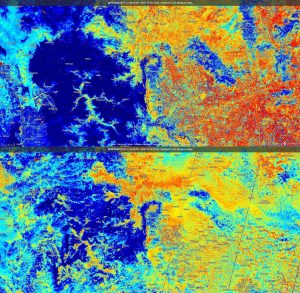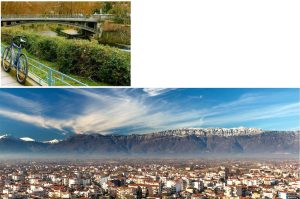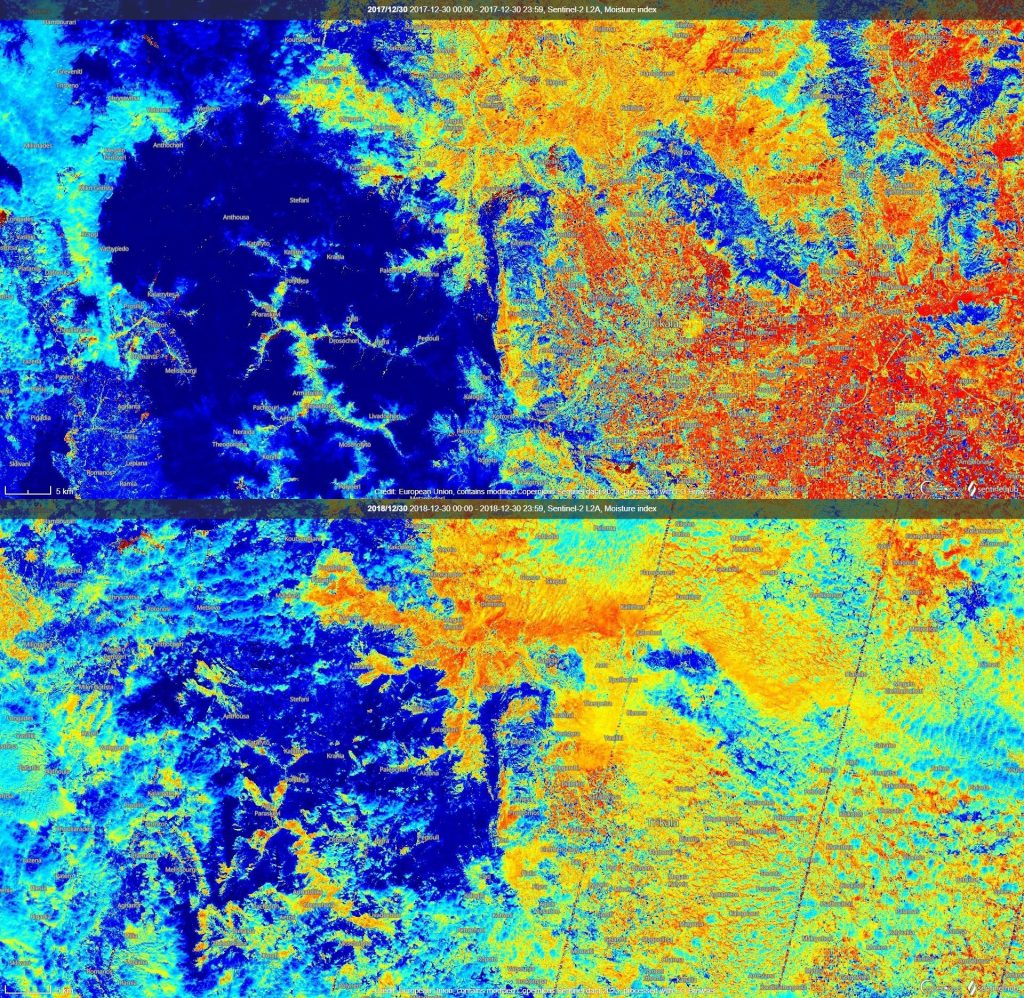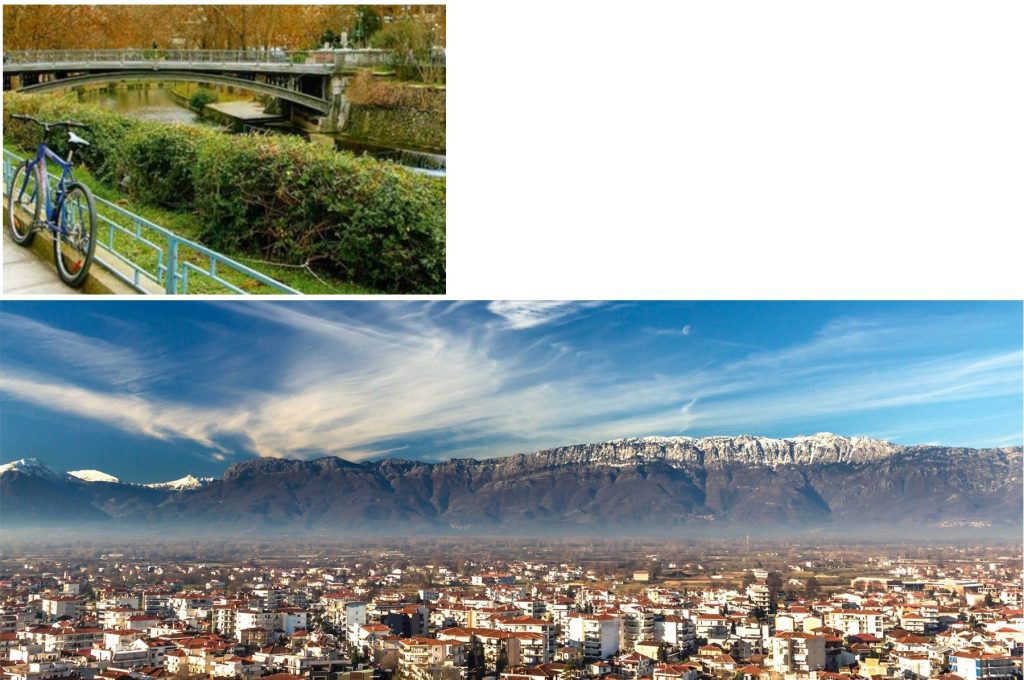Climate Detectives Projects 2022-2023
Project title: Dessertification in municipality of Trikala
Team: “All together can ” team with special education needs
4ο Γυμνάσιο Τρικάλων “Γιώργος Σεφέρης” Trikala Greece 5 Student’s age: 14-15 years old
Is it happening or not desertification in municipality of Trikala due to climate change?

Climate change is now one of the biggest problems of humanity due mostly to humanity. Climate change’s impacts are varied from country to country and from region to region. Some countries are facing big problems due to climate change (extreme weather conditions) and others smaller problems. The aim of this project is to investigate the impacts of climate change in our city, the city of Trikala. Trikala is a city in Northwestern Thessaly, Greece. It is populated by 81,355 habitants (2011), is near Meteora and also near the mountain range of South Pindos. Because of city’s location, Trikala has his own microclimate. The latest years is being observed less days of annually rainfall, while the drought periods are biggest during winter and summer. It is also observed extremely high temperatures during the summer months without significant percentage of rain. In this study we investigate the variations of temperature and the percentage of rainfall compare to climate change. Are these variations due to climate change or is because of the continental climate? We used meteorological data (Tmax, Tmin and Rain) by the National Observatory of Athens (NOA) from 2010 to 2020 and watch the line trend of Tmax and percentage of rain. Additionally, we choose satellite images to compare the moisture index/ drought by Sentinel-2. According to these images there is a significant reduction of humidity during the December of 2018 and December of 2017.

Municipality of Trikala is located in central continental Greece, Northwestern Thessaly. Trikala is surrounding by the mountain range of South Pindos at the West side of the city and by the mountain range of Chasia and Anti- Chasia by the North and East side of the city. This is significally important because it creates a unique microclimate in the area. According to scientists Trikala’s microclimate cannot be classified as a Mediterranean climate (Greece is a Mediterranean country), but as a continental climate. This can be explained by the significant diurnal temperature variation. Summers are very hot (max Temperature 44,5 0C) and winter temperature varies with the lowest temperature (-190C) due to catabatic wind by the mountains. Meanwhile Autumn and Spring are quite mild, while the average temperature is 220C.
From the analysis, temperature’s graphs show a slightly rise of the mean annually temperature and a slightly decrease of the annually totally rain in mm. Satellite’s image confirm these results by the reduction of the moisture index through the years 2017-2018. These results means that climate change might start to affect the region of Trikala but not critically. Considering the weather climate of our region it is not clear that these variations are due to climate change. We might be at the beginning of a new era, where lack of rain, dry winters and rise of annually temperature can lead to desertification.

Trikala city can be described as a “clean” city. Most of citizens are using their own bikes in order to cover small distances inside the city, while industries are outside the city and as friendly as can be to environment. There is no significant air pollution in the city due to alternative ways of transportation (bikes) and less use of cars. Because of the rise of climate change and its consequences a Smart Lighting System has been implemented to manage municipal street-lighting. It has achieved energy savings of over 60% compared to conventional lighting systems. Also, a wireless control system has been installed, which offers the capacity for early malfunction detection, “smart” intervention scheduling, dynamic lighting adjustment when, where and to the extent needed, to achieve maximum energy savings and to improve visibility for drivers, cyclists and pedestrians. Additionally, residents use recycles bins daily. These actions are already implied before this study. This of course does not mean that we don’t need more actions to make the difference. As an individual we have to continue respect the environment, use alternative ways for transportation and use less energy. The results of this study indicates that climate change is worldwide problem which affects every country – region in a different way, although may the residents of each region has a small impact to this. In other words, the big pollutants are most responsible for this situation than the less ones, but in the end the whole world will suffer from climate change consequences.
Projects are created by the teams and they take the full responsibility of the shared data.
← All projects







